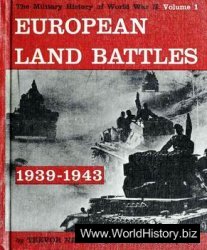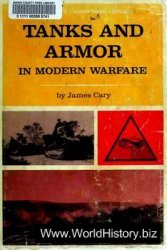The Puritan way of life consisted of a mixture of religion and politics based on the following principles called the New England Way. First, they believed in both personal and collective autonomy within each village or settlement. Their faith, which survives to this day, was known as Congregationalism. That gave them local control over both religious and political matters. The well-known New England town meeting was testimony to their idea of selfgovernment. They recognized no higher authority than the Bible, the basis of much of their antipathy to the hierarchical structure of the Roman Catholic church. Along with their congregational approach to community, they believed in individualism to the extent that everyone should be able to interpret the Bible for himself or herself. That reliance on the Bible had an obvious effect on education and literacy for the since in order to interpret the Bible, one had to be able to read it. Teaching Puritan children to read was the mother's job, which in turn gave women a strong voice in family matters.
Second, while the principles above might suggest that Puritans enjoyed religious freedom, that freedom existed only within very strict limits. Their communal approach to society meant that the community had the right to exercise control over individuals in order to promote the common interest. Thus rigid enforcement of rules and laws was necessary whenever the community was thought to be threatened from within or without. At the same time, they did not believe in unlimited government, for if man is conceived in original sin, how can he be trusted to exercise unlimited power over others? Although man had a one-on-one relationship with God, those whose interpretation of that relationship or of the Bible strayed beyond the bounds of Puritan orthodoxy could be punished, as Anne Hutchinson and Roger Williams discovered.




 World History
World History









